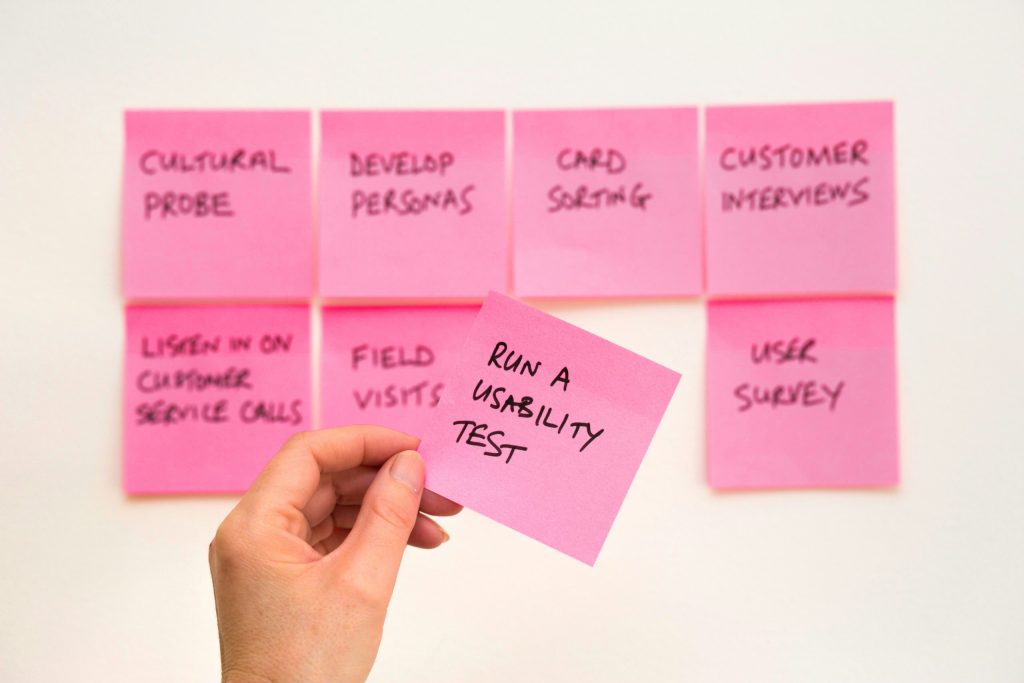
User research will need to adapt, and fast.
But those who adapt will have an unfair advantage.
Up until now, a core value of research has been to de-risk software development. When building is expensive, mistakes are costly, especially when they’re caught late. Getting smart up front via research leads to fewer mistakes down the line, preventing teams from building the wrong thing, thus saving money.
But AI is changing that. It’s making shipping products cheaper, so mistakes and false starts aren’t as costly. More ideas can be tried, for less. In this world, there will be even less patience for long, drawn out research projects.
You could see this as a problem for researchers, thinking people will forgo it (and some will).
But here is the thing:
The cost of driving down development will result in more stuff getting built. A lot more.
As this accelerates, more assumptions will go into these products. More mistakes will get made. Plenty of pointless, unvalidated ideas will launch and gain no traction (I am guilty of this already!). But some will work. And more bets means more data to learn from.
The future belongs to those who can identify real problems and pain points that need real solutions. Those who can find signal in the ever-increasing noise.
It always has – just not at this scale.
This opportunity is uniquely suited to researchers because they know how to dig into customer and user problems in a way that others don’t. It’s their unfair advantage. The methodology will change, but not the job.
Previously long, pre-launch, siloed initiatives will morph into ongoing, always-on practices:
- Fast, iterative research sprints and ongoing user conversations
- Learning in-market: figuring out what to refine, kill, or double down on once something has shipped
- Using AI tools to sift through an increasing amount of user and customer data points
- Shifting the mindset from “What should we build?” to “What’s working, and why?” by keeping user and customers contexts in mind
This is an opportunity for researchers who thrive in ambiguity, move fast, and know how to influence teams. The future belongs to those who can navigate uncertainty, iterate quickly, and drive focus on finding the right problems to solve.
.png)



